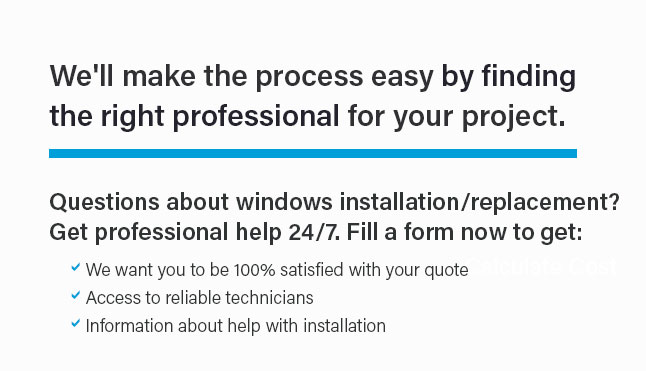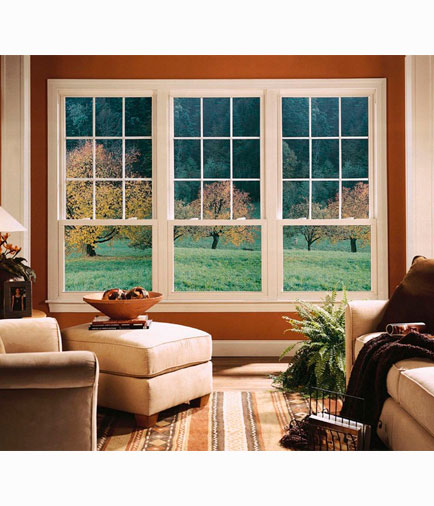 |
 |
 |
 |
 |
|
 |
 |
||
 |
 |
 |
 |
 |
 |
 |
 |
|
 |
||
 |
 |
 |
|
Average Costs to Replace Windows: A Comprehensive GuideWhen it comes to home improvement projects, replacing windows often emerges as a significant yet necessary investment. As homeowners contemplate this endeavor, understanding the average costs involved is crucial for effective budgeting and decision-making. While there isn't a one-size-fits-all answer, several factors contribute to the overall expenses, making it imperative to delve into the details. Material Costs: One of the primary determinants of window replacement costs is the material chosen. Vinyl windows, renowned for their affordability and energy efficiency, typically cost between $300 to $700 per window. On the other hand, wood windows, which offer a classic and aesthetically pleasing look, can range from $800 to $1,200 each. If you fancy aluminum windows, known for their durability, expect to pay around $400 to $1,200 per window. The choice of material not only affects the initial investment but also the longevity and maintenance costs over time. Installation Expenses: Labor costs are another significant component of window replacement expenses. Hiring a professional installer is generally recommended, as precise installation ensures optimal performance and energy efficiency. On average, labor costs can add $100 to $300 per window. However, this can vary depending on the complexity of the installation and local labor rates. Investing in skilled labor is often seen as a wise choice, as it mitigates the risk of future complications. Additional Factors: Beyond material and installation, several other elements can influence the overall cost. For instance, custom windows, which require bespoke dimensions or unique designs, can significantly increase expenses. Similarly, if your home has structural issues or requires modifications to accommodate new windows, anticipate additional charges. Furthermore, energy-efficient options, while initially pricier, can lead to long-term savings on utility bills, presenting a compelling argument for eco-conscious homeowners.
Conclusion: In summary, while the average cost to replace windows can range broadly, typically falling between $400 and $1,500 per window, it's imperative to consider the specific needs and conditions of your home. By factoring in materials, labor, and additional influences, homeowners can make informed decisions that align with their financial and aesthetic goals. Ultimately, replacing windows is more than a mere expense; it's an investment in the comfort, efficiency, and value of your home, one that requires careful thought and planning. https://www.angi.com/articles/how-much-does-window-replacement-cost.htm
For example, the cost to replace 25 windows can range from $18,000 to $20,000, while the average cost to replace windows in a 3-bed house is closer to $6,000 to ... http://www.southwestexteriors.com/blog/2024/june/what-do-replacement-windows-cost-/
The national average cost for window replacement is around $500 to $1,000 per window, including materials and labor. However, prices can vary ... https://www.bobvila.com/articles/window-replacement-cost/
According to Angi, the average window replacement cost is between $180 and $409 per window, and the national average cost of window replacement ...
|